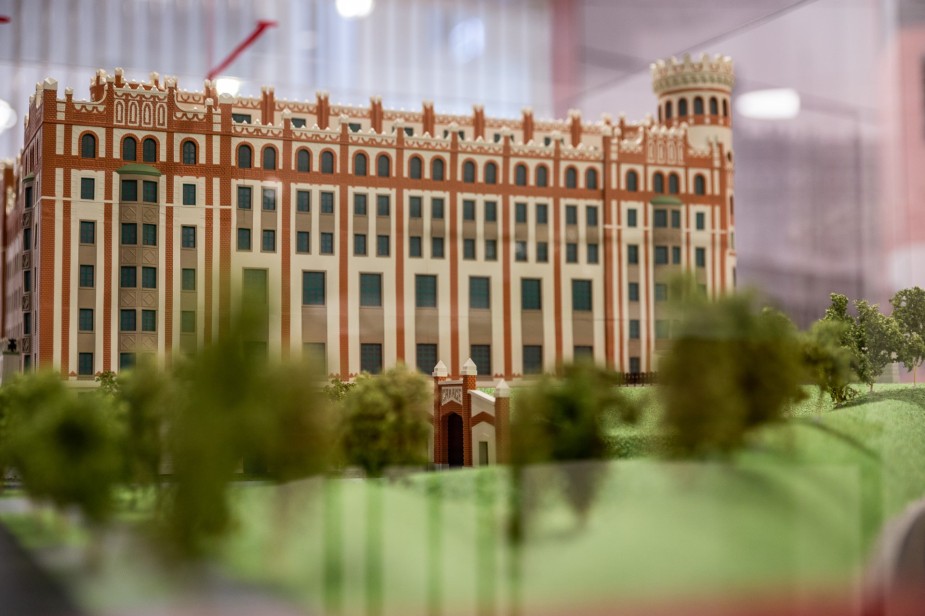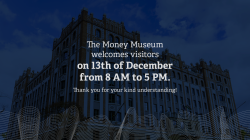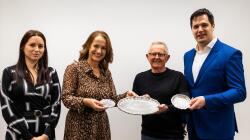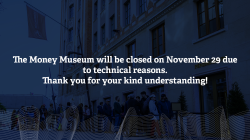
A new temporary exhibition called: "Our century-old value – from skating rink to the Money Museum" has opened in the Money Museum, presenting one of Krisztinaváros's (Christina city) most impressive buildings, the Buda Postal Palace, showcasing its 100-year-old past and reconstruction. The unconcealed aim of the exhibition is to introduce the architect of the building, Gyula Sándy, to those interested in the history of the property.
Only a few are aware that at the beginning of the last century there was a brick burning kiln and a mining pond on the territory of the building, in and around today's Széll Kálmán Square, which provided an opportunity for ice skating and other sports. The idyllic setting was redrawn during World War I. After the end of the World War, smooth communication between people had to be ensured in order to restart the country. The Hungarian Royal Post and Telegraph Company purchased the plot of land on Széll Kálmán Square to build its new post office on it.
The tender announced 100 years ago was won by architect Gyula Sándy, who built the country's first modern office building thanks to the first large-scale state investment between the two world wars. The building became known as the Postal Palace, and after the monument protection reconstruction, it is now owned by the Central Bank of Hungary and is the current location of its Money Museum.
The exhibition can be viewed in the Money Museum free of charge on any day of the week except Tuesday, when the museum is closed.
Further news
All newsThank you for your kind understanding!
The success of the HUNOR Program is now on display in the exhibition space
The Tarnay family brought silver bowls
Thank you for your kind understanding!
Thank you for your kind understanding!
The success of the HUNOR Program is now on display in the exhibition space
The Tarnay family brought silver bowls
Thank you for your kind understanding!



